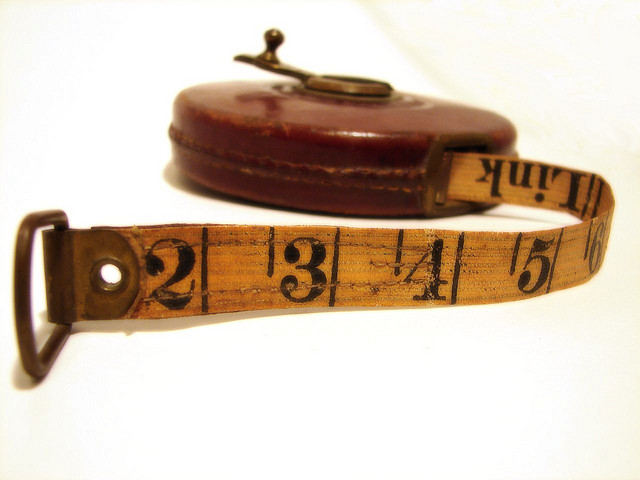
A cup of flour, half a stick of butter, two tablespoons of sugar …
5’ wide and 20’ long with a drop of 2’ for every 7’ in length …
An increase in top-line revenue of $10 million with profit margins of 20% by …
Measurements.
Every part of life seems to have them. From cooking, to business, to home improvement.
I’m a planner. This means I’m in the business of the research behind communications campaigns. When I talk to clients there is the inevitable question: “How are we going to measure success?” To which I almost always answer, “Define for me what you think success looks like and I’ll tell you.”
The answers vary. Some see success as getting the right headline in the right publication. Others talk about changing people’s opinions about certain things. Others about generating business and increasing sales. Some even suggest that “no news” is indeed the “best news.”
What is success? And once defined, can that be measured?
People ask that a lot. And it is more difficult than you think. Take the matter of education.
Recently I came across two articles in the same issue of the New York Times. One dealt with primary and secondary schools and the debate over something called the Common Core. These proposed “standards” (a word that is inherently dependent on the concept of “measurement”) have been so controversial that they’ve united both far left and far right in opposition. A second, was about President Obama’s suggestion that colleges and universities be “measured” for their success. Not surprisingly, college administrators were aghast.
Education. Why can’t we measure it? We measure everything else. What makes education so special?
One the one hand it is pretty simple. At the end of the day, can the person read, write, calculate, reason, think? If they can’t, then they haven’t gotten an education. They might have gone to school and gotten a lot of other things – a good experience, healthy relationships, perhaps even a healthier, stronger body; but they haven’t gotten an education.
On the other hand there are those who say that simply relying on how well a student does in the “three Rs” is too narrow an interpretation of the idea of “education.” That all that other stuff matters too. It is just harder to measure.
The dilemma in measuring education is that you end up having to measure people. And that’s not easy.
Unlike cooking, construction, and accounting, measuring things that are inherently human are, as we see, controversial. Why? Because while measures of human characteristics can suggest things – they can be indicators – they always fall short of what it really means to be a human being. Things you can measure are part, but only part, of the human recipe.
People are more than numbers. But, that doesn’t mean that numbers don’t mean anything.
We often associate poverty with unhappiness. But, I know poor people who are exceedingly happy.
We often associate illness with misery. But, I know ill people who are joyous and upbeat.
We often associate illiteracy with being stupid. But, I know of people who aren’t very articulate or book smart and are quite wise.
None of this means that things like poverty, illness, and illiteracy – all things you can measure -don’t matter. They do. They matter a lot, actually. It is just that we’re more than that.
How do you measure faith, hope and love? Because those are the things that make us human.
It is the immeasurable that is the most meaningful.